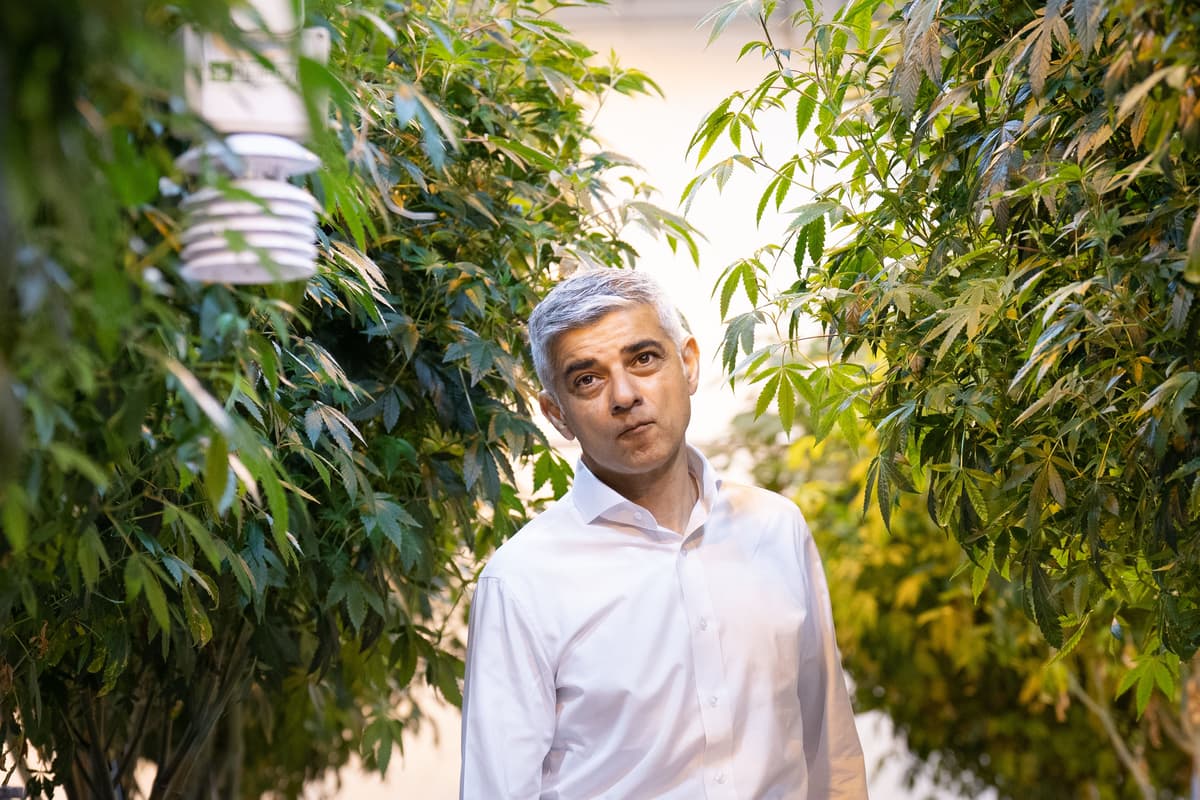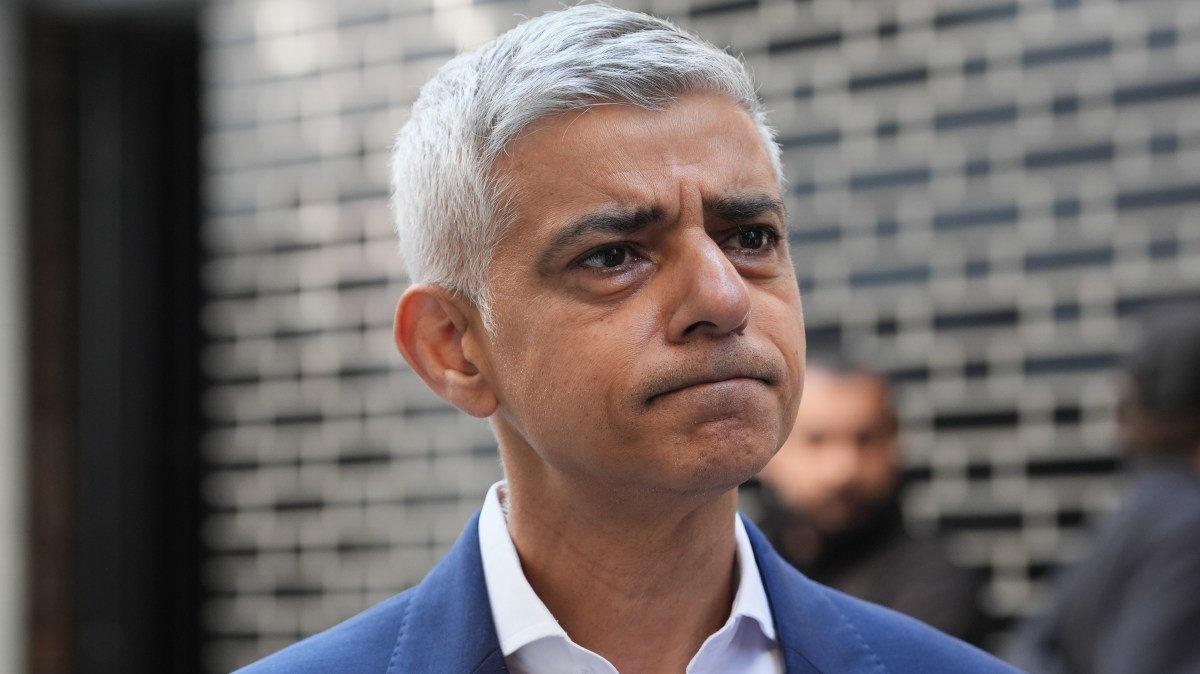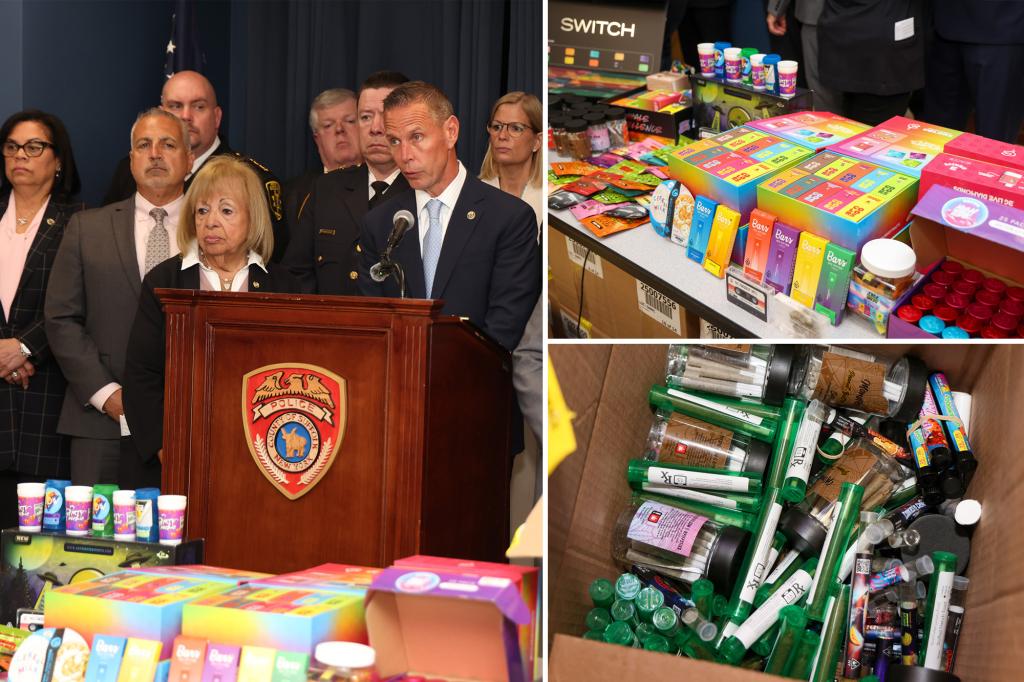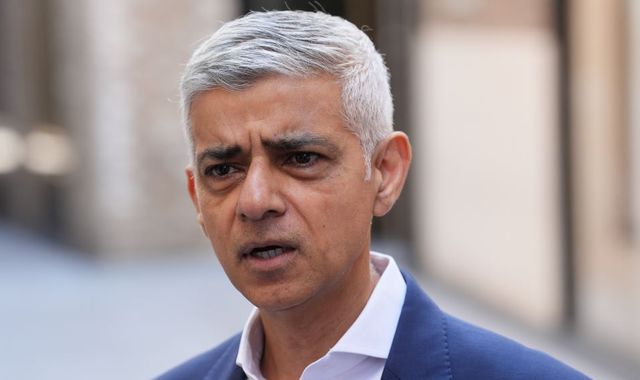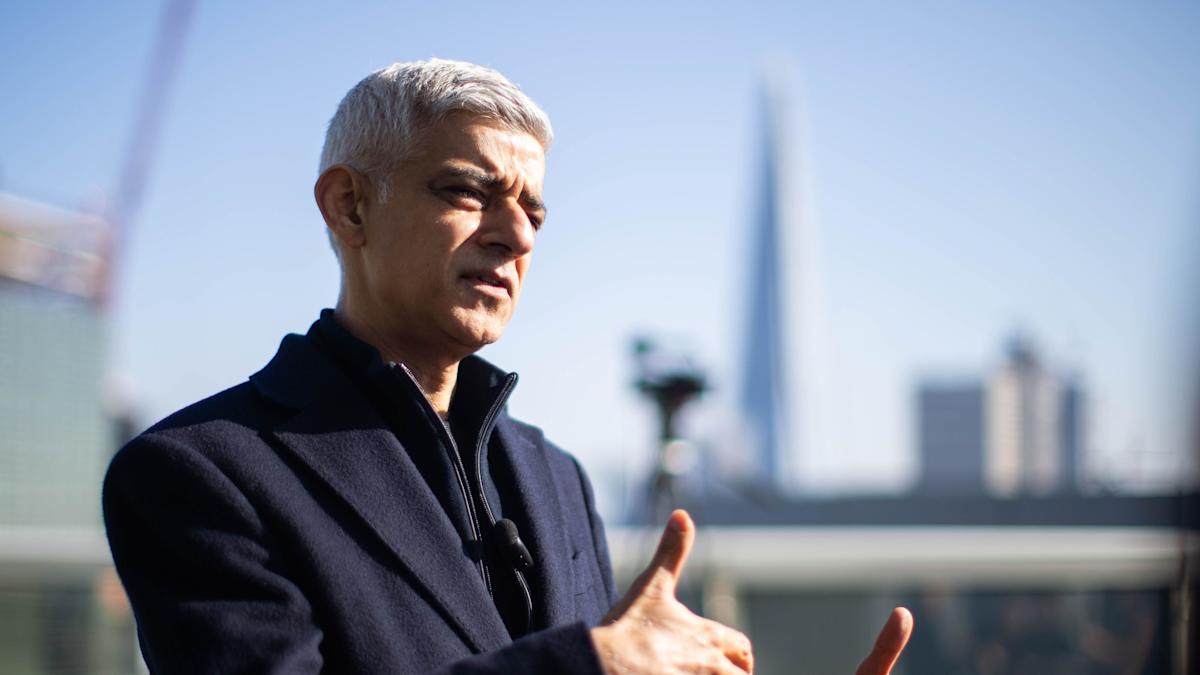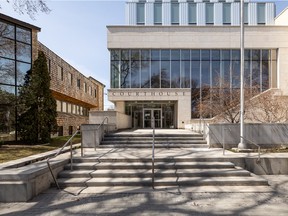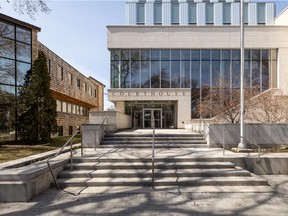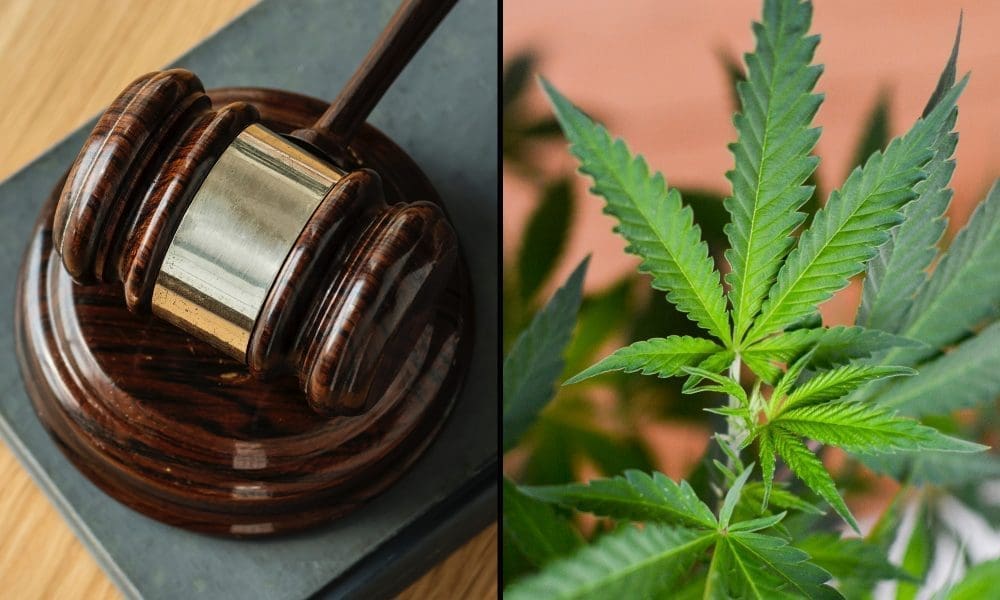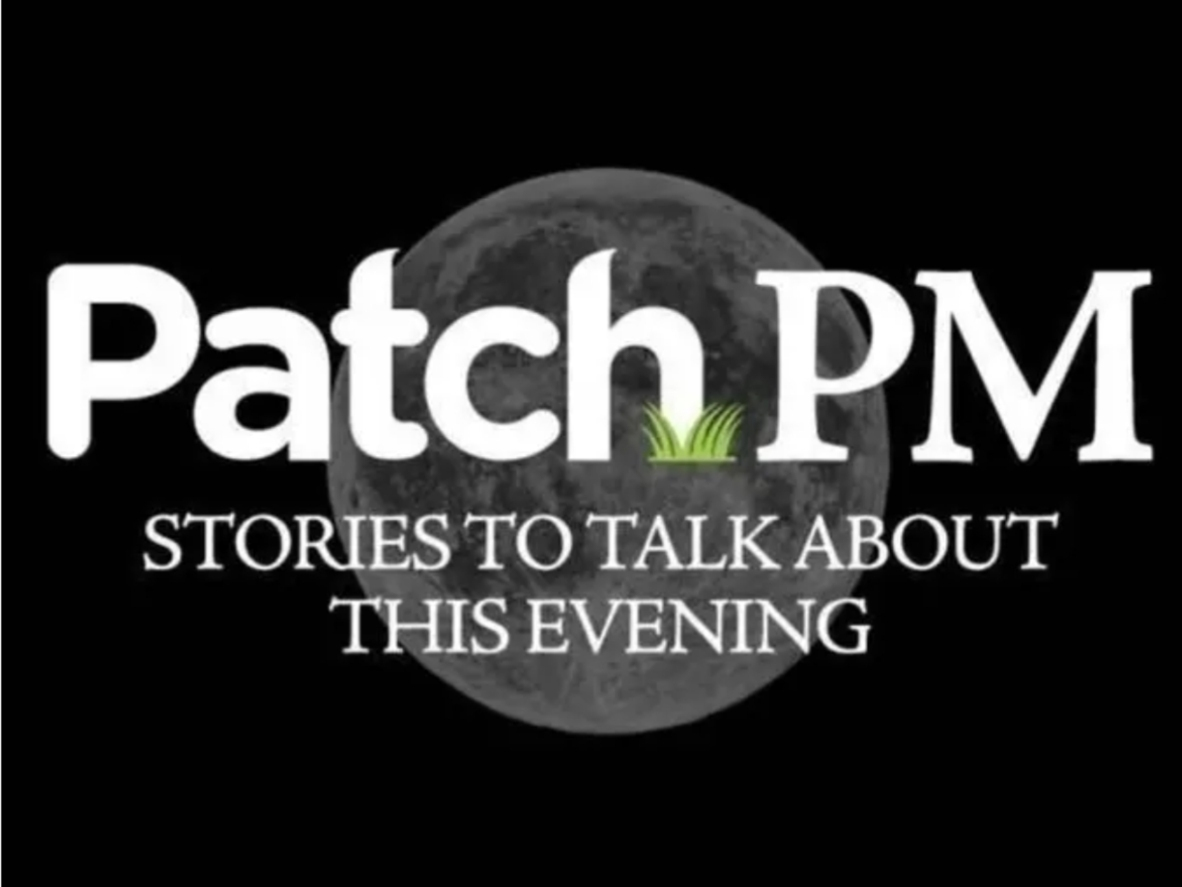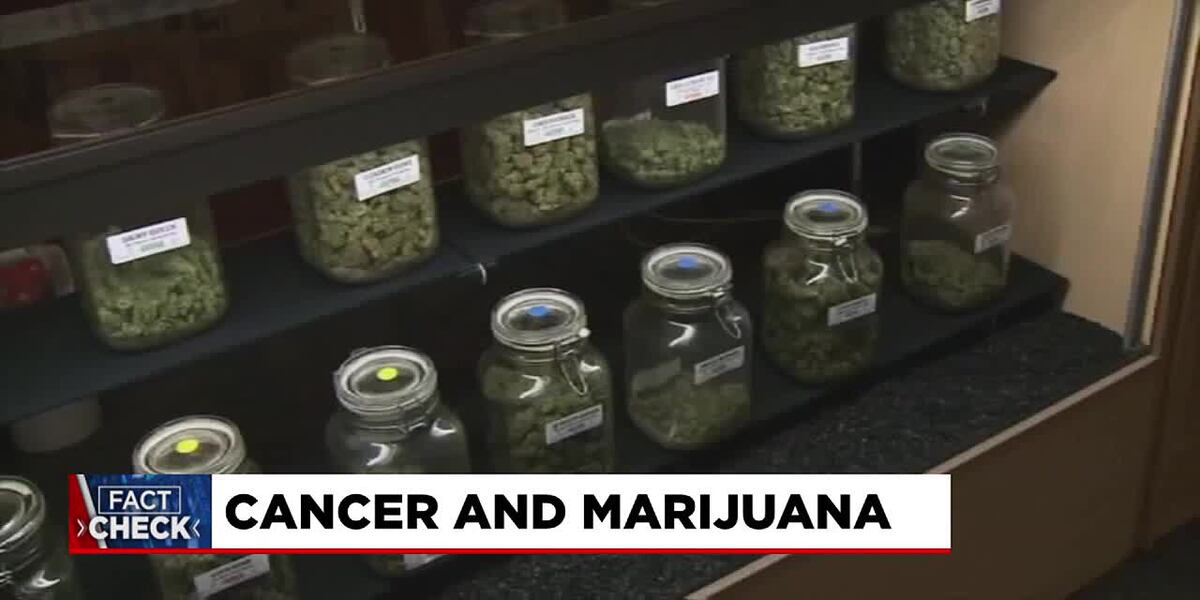A federal appellate court has rejected the argument of state-legal marijuana companies seeking to overturn the U.S. government’s prohibition of marijuana, affirming a lower court’s dismissal of the case.
A three-judge panel of the U.S. Court of Appeals for the First Circuit wrote in a published opinion on Tuesday that businesses have no fundamental right to cultivate or sell cannabis despite the government’s general lack of enforcement of the federal Controlled Substances Act (CSA) against state-licensed cannabis markets.
“The appellants’ reasoning would mean that there would be a fundamental right to grow and sell any product that founding era laws encouraged residents of that time to grow and sell,” wrote Chief Judge David Barron. “We decline to adopt a line of reasoning that would support” that conclusion, he added.
The high-profile lawsuit—originally filed in U.S. District Court for the District of Massachusetts, Western Division, by multi-state operator Verano Holdings Corp. and the Massachusetts-based cannabis businesses Canna Provisions and Wiseacre Farm, along with Treevit CEO Gyasi Sellers—argued that government’s ongoing prohibition on marijuana under the Controlled Substances Act (CSA) was unconstitutional because Congress in recent decades had “dropped any assumption that federal control of state-regulated marijuana is necessary.”
“Congress has abandoned its goal of eradicating marijuana and has, in fact, expressly exempted it from federal enforcement in certain circumstances,” the companies said in their opening appeal brief, pointing to policies embodied in a congressional budget rider that prevents federal funds from being used to interfere with state-legal medical marijuana as well as federal lawmakers’ decision to allow marijuana legalization to proceed in the District of Columbia.
The law firms Boies Schiller Flexner LLP and Lesser, Newman, Aleo & Nasser LLP represent plaintiffs in the case. David Boies, chairman of the former firm, has a long list of prior clients that includes the Justice Department, former Vice President Al Gore and the plaintiffs in a case that led to the invalidation of California’s ban on same-sex marriage, among others.
At oral argument on appeal late last year, Boies told judges that under the Constitution, Congress can only regulate commercial activity within a state—in this case, around marijuana—if the failure to regulate that in-state activity “would substantially interfere [with] or undermine legitimate congressional regulation of interstate commerce.”
Judges, however, said they were “unpersuaded,” ruling in the opinion that “the CSA remains fully intact as to the regulation of the commercial activity involving marijuana for non-medical purposes, which is the activity in which the appellants, by their own account, are engaged.”
The opinion upholds a similar district court ruling issued last summer.
That ruling said that while the there are “persuasive reasons for a reexamination” of the current scheduling of cannabis, its hands were effectively tied by past U.S. Supreme Court precedent dictating the federal government’s authority to regulate controlled substances even within state borders.
The plaintiffs have indicated from the beginning of the case that they always planned to appeal all the way to the Supreme Court in an attempt to get the current justices to overturn prior case law from a period before the federal government began making exceptions to enforcement of prohibition in legalized states.
At oral argument on appeal, the panel’s questions focused largely on what legal precedent Boies had for asserting that the government’s selective hands-off approach around certain aspects of marijuana regulation—for example allowing state medical markets to proceed under the so-called Rohrabacher–Farr budget rider or permitting Washington, D.C. to engage in medical cannabis sales—meant it forfeited all authority to prohibit the drug more broadly.
In the new opinion, judges wrote that “we know of no authority—and the appellants identify none—that supports the proposition that an activity not otherwise protected as a fundamental right under the Due Process Clause may become so protected solely because many states have in recent times provided legislative protections for that activity.”
At the district court level, the previous ruling found that the marijuana companies nevertheless had standing to bring the lawsuit.
“Plaintiffs have alleged they variously engage in the cultivation, manufacture, distribution, and possession of marijuana, wholly within Massachusetts and the CSA makes such activity a federal crime,” the decision says. “In the absence of any dispute regarding redressability, the court finds Plaintiffs have demonstrated that they have standing under Article III to challenge the portions of the CSA applicable to intrastate activities related to marijuana.”
“The court also finds Plaintiffs have shown there is a causal connection between their economic injuries and the CSA,” the opinion says. “When credited, Plaintiffs’ detailed allegations about their financial injuries meet that burden. Though individual decisions by specific third parties are the final link in the causal chain, the economic injury actually flows from the multitude of similar decisions made by many third parties, all responding to the CSA.”
Nonetheless, the district court sided with the government in its motion to dismiss based on a failure to state a claim on which relief could be granted—a stance affirmed in Tuesday’s appeals court ruling.
Colorado’s Psychedelics Program Is Now ‘Fully Launched For Operations’ As State Officials Certify Testing Lab
Photo elements courtesy of rawpixel and Philip Steffan.

